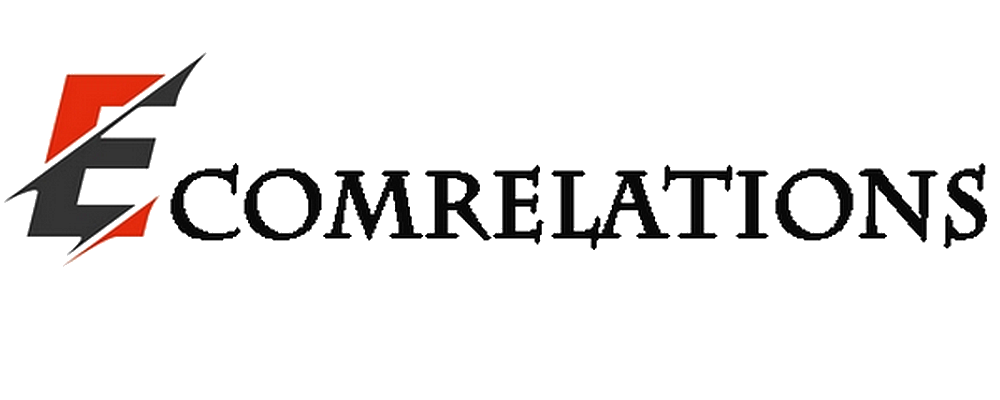As anecdotal evidence of the beneficial effects of microdosing mushrooms continues to mount, Canadian medical experts are pushing for a special exemption.
Around the world, health care providers and researchers have been lobbying for greater access to psychedelic substances. Not because they want to catch fire at a festival this weekend, but because they believe these substances could be the next revolutionary treatment for the millions of mentally ill people around the world. Canadian health care providers are getting involved. They are pressuring Health Canada to review outdated restrictions that have been placed on psychedelic drugs. As the country became one of the first to legalize recreational marijuana use nationwide in 2018, many believe that legalizing psychedelics could be the next step in creating a friendlier, more balanced world.
Last August, the Canadian Prime Minister of Health allowed four terminally ill cancer patients to be treated with psychedelic therapy, with incredibly positive results. This has led to a new outcry for a more flexible policy regarding the practice and use of this substance. Microdosing is still not legalized in Canada, but it is commonly practiced, with more and more users trying this mental tinkerer every day. Authorities have not seemed troubled so far, with little negative action taken against the substance, which has long been favored by religious ceremonies and people seeking better mental fitness. So much so that researchers are now beginning to lobby governments, as the results seem too good to ignore.
Growing evidence
While psychedelic research seemed to gain momentum in the early 20th century, the brakes were firmly applied in the 1970s. While many tend to attribute this halt in studies to the cold and often outdated regulations enforced by the government of the day, there is also significant evidence that outdated psychedelic research was conducted in an unethical manner - resulting in extremely negative and lasting harm to some patients who received these substances without informed consent. Early researchers also applied the use of psychoactive substances to participants with underlying psychosis or other types of mental illness for which the use of psychedelic substances is considered contraindicated.
However, by the 2020s, psychedelic research began to regain favor with the public. New, stricter ethical guidelines were implemented and researchers appeared to have a more focused approach to potential therapeutic applications, coupled with better screening protocols. These more rigorous investigative methods led to some very positive results. Research has revealed that psychedelic substances such as psilocybin-containing mushrooms, lysergic acid diethylamide (LSD) and DMT, may have considerable potential in the treatment of stubborn mental problems such as addiction, depression, trauma and anxiety.
In 2018, the United States, Canada, and the United Kingdom have all begun to revive psychedelic research, with a particular focus on easing the anguish of terminal illnesses such as cancer and treating otherwise resistant alcohol addictions.
Psilocybin use case, microdose, Canada End-of-life care
Spurred on by a public subculture that has touted the considerable mental benefits of microdosing mushrooms, Canada has again been asked to re-evaluate its ban on the medicinal and recreational use of psychedelic substances. Especially as the new coronavirus has taken a toll on the mental health of its citizens, with little support infrastructure needed to meet such widespread demand.
Both the United Kingdom and the United States have published studies highlighting the therapeutic benefits of psychopharmacology, although psilocybin is still illegal in both countries. However, many legislators and citizens expect these restrictions to be relaxed, both at home and abroad, especially since many psychedelics have an extremely high therapeutic index, meaning that the likelihood of abuse and adverse effects (such as overdose) is extremely rare, if not incredibly low.
Overall pressure increases as microdoses increase - in Canada and elsewhere
Even less likely when patients microdose. Canadian forums devoted to psilocybin microdosing are filled with positive experiences and claims of benefits from using psilocybin in this way. Microdosing is the act of taking small subhallucinogenic doses of the substance on a regular schedule. So small in fact, that these microdoses not only allow users to function normally, but most say that the result is incredibly beneficial, but that the treatment is virtually imperceptible.
This is largely due to the fact that even in small amounts, psychedelics promote neuroplasticity and brain tissue growth. Psychedelics have been found to bind to the serotonin system, something that many common antidepressants try to do, but fail to do. They are also thought to contribute to "ego dissolution," a phenomenon that can be described as "allowing people to get out of their own way," by interacting with the dopaminergic system to calm radical, self-sabotaging thoughts and feelings.
Microdosing has become the next popular wave in the brain-hacking movement. An impressive number of users are reporting high levels of motivation, physical energy, improved cognition, and more stable emotional balance. All this without having to spend time on a full-blown psychedelic "trip". The idea that small amounts of a popular recreational psychedelic can reasonably provide very large benefits is a new gateway to equitable access to mental health support systems. With the benefits far outweighing the risks, it is time to ask why these substances were banned in the first place.


